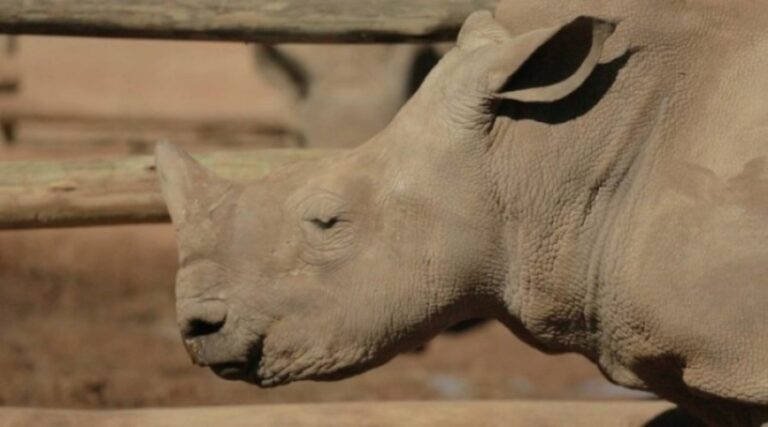The International Air Transport Association (IATA) has signed a declaration aimed at reducing the illegal trafficking of wildlife, which it says underlines the aviation industry’s commitment to sustainability.
The association says the interconnected air transport network is being exploited by criminal gangs to smuggle animals or their products from the killing field to the marketplace and the air transport industry can help stop this trade by providing additional intelligence to enforcement authorities about suspicious shipments.
The ‘United for Wildlife’ initiative, created by the Royal Foundation of The Duke and Duchess of Cambridge and Prince Harry, invited representatives of the transport industry to Buckingham Palace to pledge their support.
IATA, Airports Council International, the African Airlines Association and a number of individual airlines signed commitments aimed at raising awareness of the trafficking issue among passengers, and training staff to recognize and report suspicious packages and behavior.
IATA director general and chief executive officer, Tony Tyler says: “I can think of few other causes that galvanaze more interest and support across the global transport and logistics sectors than the challenge of wildlife trafficking.”
Tyler also explained at a press conference at IATA’s World Cargo Symposium in Berlin today, that airline members of IATA are supporting the move, but could not reveal which carriers.
He said it is aiming to do what it can to stop this “evil trade” and is not only connected with stopping the impact on animals, but also the gangs, communities affected and people in the supply chain.
The initial focus of action of the initiative will be on the trafficking of high-risk protected animals, specifically certain big cats, pangolins, and ivory products, on high-risk routes, particularly originating from or transiting through East Africa.
Tyler continues: “Today marks a step forward for environmental protection—a commitment that we take very seriously. In the 1990’s the industry came together to address noise. More recently we joined forces to manage our impact on climate change – committing as an industry to carbon-neutral growth from 2020 and to cut net emissions to half the 2005 levels by 2050.
“We now extend that commitment to playing an active role in reducing illegal trafficking of wildlife. We will collaborate in support of government enforcement authorities to put an end to this evil trade.”
Cooperation with enforcement authorities and international conservation organizations such as the Convention on International Trade in Endangered Species (CITES) has already begun. Two awareness-raising workshops for airline and airport staff have been held at international airports in Nairobi and Bangkok.
In addition, IATA joined the US Agency for International Development’s (USAID) Reducing Opportunities for Unlawful Transport of Endangered Species (ROUTES) Partnership. New guidance material for airlines has been published, and an IATA Environment Committee Wildlife Taskforce has been set up to monitor progress and provide advice on the next steps.
A number of airlines such as TAP, Delta Air Lines, Air Canada, Lufthansa Cargo, American Airlines Cathay Pacific and Qatar Airways have previously said they will no longer carry animal “hunter trophies” and trafficking of animals as cargo.



